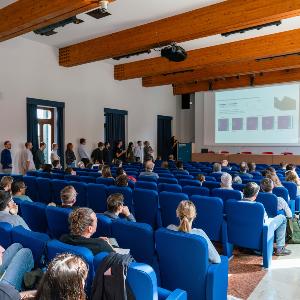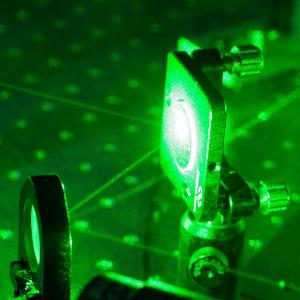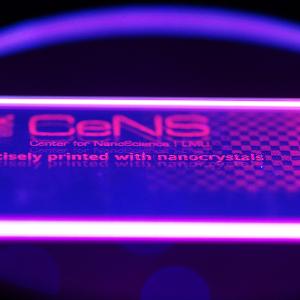
News
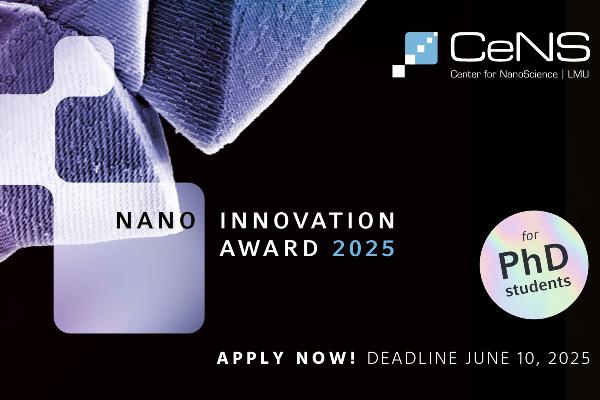
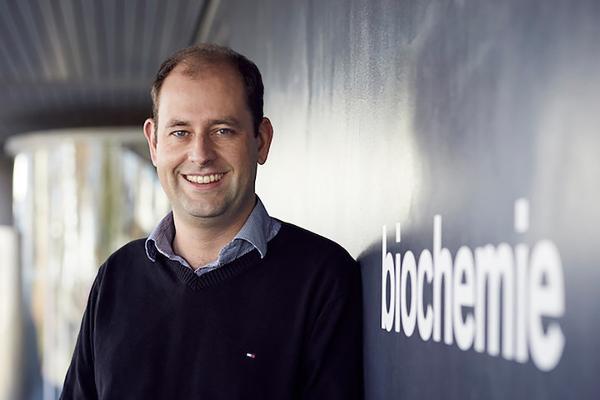
CeNS member Ralf Jungmann becomes EMBO member
The physicist has been accepted into the prestigious organization along with 68 other researchers.
Read more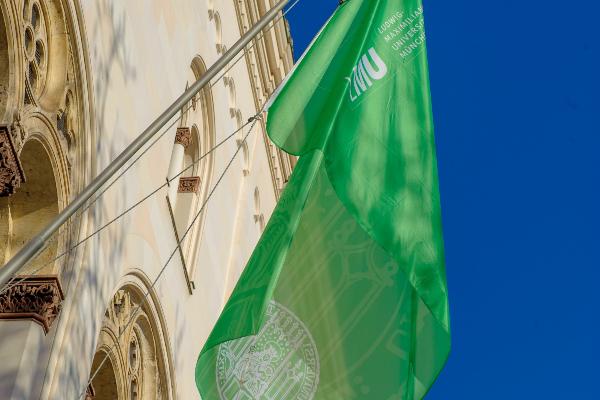
Major achievement for LMU: seven Clusters of Excellence approved
Five Clusters with CeNS participation will be funded for seven years as of 2026
Read moreCurrent Research Highlights
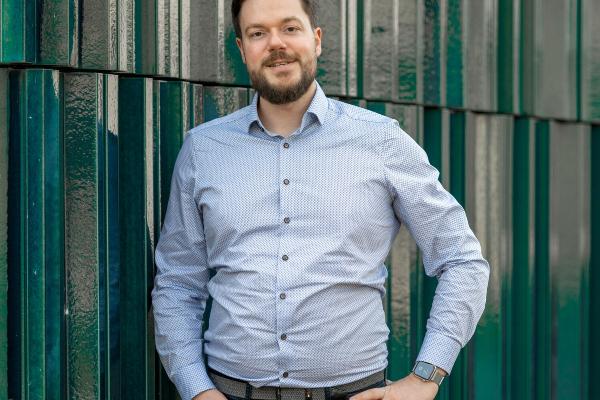
Nanophysics: a question of resonance
A novel method could make manufacturing processes for semiconductor components easier and cheaper
Read more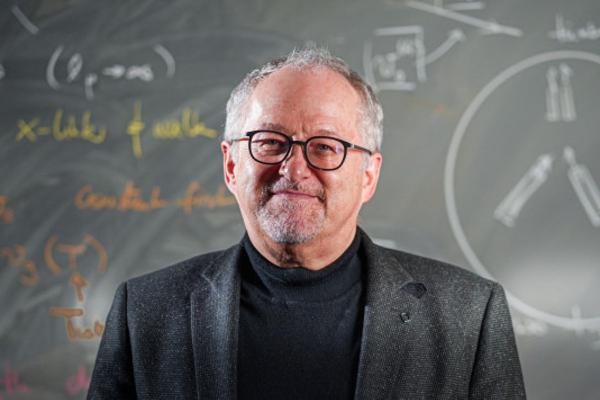
Biophysics: function of thymus gives rise to form
A model developed by LMU biophysicists demonstrates how biological processes form the convoluted internal architecture of the thymus
Read more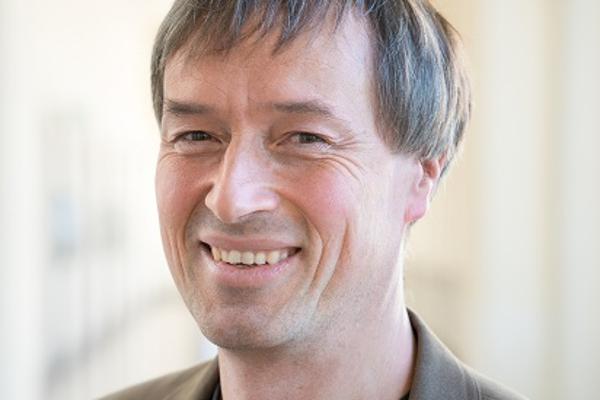
Amino acids as catalysts in the emergence of RNA
Amino acids helped build RNA at the dawn of life, a new study shows.
Read moreFor over 25 years, CeNS has been at the forefront of nanoscience, making an impact by fostering collaborations across disciplines, training the next generation of scientists, and driving technology transfer. Our thriving network has grown stronger over the years. We are proud to support both young talent and established leaders in advancing science, with a clear focus on translating our discoveries into real-world applications.Prof. Dr. Joachim Rädler, CeNS Spokesperson
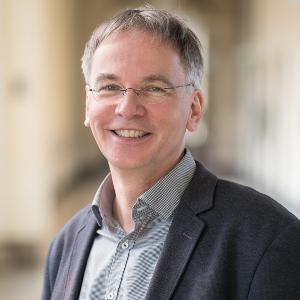
CeNS in numbers
112
research group leaders and spin-off founders are part of the CeNS community
305
graduate students and postdocs are associated with CeNS
18
spin-offs and start-ups are driving fundamental research to technological innovation


